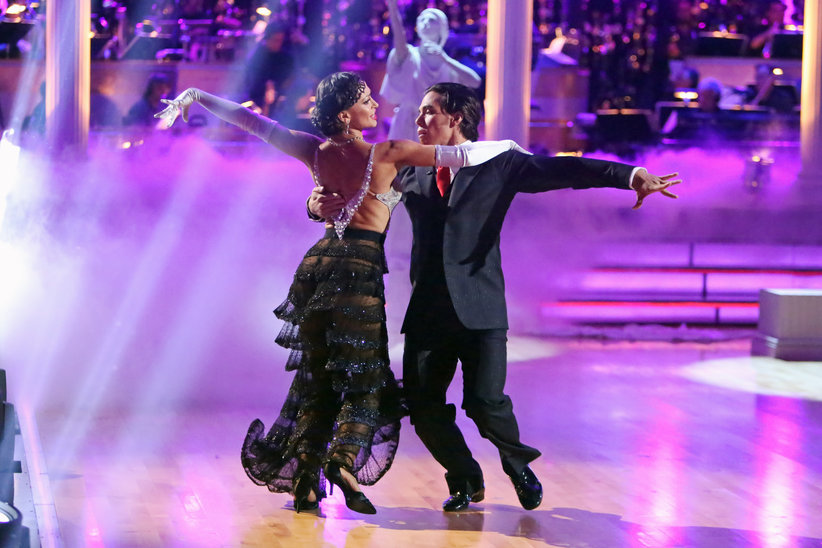Last week marked the much-anticipated reveal of the contenders on the upcoming sixteenth season of ABC’s Dancing With The Stars. Contestants ranged from lesser-known athletes and actors to world-famous country music singer Wynona Judd and popular standup comedian D.L. Hughley. This mixture of willing stars raises interesting questions regarding the trend throughout the past decade for celebrities to strive for a comeback through the medium of reality competition television.
Other past shows—Celebrity Apprentice, Skating with the Stars and Celebrity Mole, to name a few—have featured an assortment of famous figures agreeing to complete crazy stunts, live in high-stress environments and expose their underlying personalities to the world for a few extra moments of airtime.
However, one must ask—is extending their fifteen minutes of fame the only reason these predominantly “fading” stars consent to compete? In many cases, there seem to be other rationales.
Is extending their fifteen minutes of fame the only reason these predominantly “fading” stars consent to compete?
Lisa Whelchel (The Facts of Life) stated about her time playing Survivor, “I didn’t really go into Survivor to restart my career. I loved the game, and I wanted to play it. That really was my sole reason. I wanted the adventure.” In many cases, a mere desire for an exciting escapade is the only true motive, and the ability to earn a spot competing is one of the perks of a previously-established career.
For others, however, reality competition does provide the perfect way for a waning celebrity to get their foot back in the door to Hollywood. One imminent example is Kendra Wilkinson’s and Kate Gosselin’s roles on this season’s Celebrity Wife Swap. Both stars have lost their respective reality shows—Kendra On Top and Kate Plus Eight—and are evidently still seeking a spot in the limelight. In some cases, this strategy can be successful; after Arsenio Hall won NBC’s Celebrity Apprentice in 2012, he was subsequently awarded his own talk show on CBS. As Conrad Green, executive producer of Dancing With The Stars, explained, “We don’t humiliate our contestants, and that [way] it can be beneficial for careers.”
In other cases, stars embrace reality competition shows in forums other than as competitors as a way to boost their careers or provide themselves an enjoyable experience. For instance, Cee Lo Green became a judge on The Voice when he held the number-one record on the planet. After replacing Simon Cowell on American Idol, Jennifer Lopez consequently earned a cover on People, an endorsement deal with Gillette’s Venus Razor and a hit tune with “On The Floor.”
Reality competition shows offer personalities unique opportunities to connect to fans
Bret Michaels, winner of 2010’s Celebrity Apprentice, best explained the pros and cons of celebrity participation: “Shows like ‘Apprentice’ allow celebrities to continue their careers and add to their fan base, because it goes into everybody’s living room if the show is successful. You can reach new demographics…When you sign up to do these shows, you better know what you’re signing up for. If you have a meltdown…it’s there for all to see. Reality TV is an absolute risk.”
Ultimately, reality competition shows offer personalities unique opportunities to connect to fans—if that is their aim—thanks to the way in which viewers feel connected to these icons due to the exposure of their raw selves in such circumstances. So, the next time celebrities such as Kareem Abdul-Jabbar agree to jump from a high-dive in a speedo on ABC’s spring show Splash, think about the numerous reasons behind one of Hollywood’s fastest growing and enduring trends.
